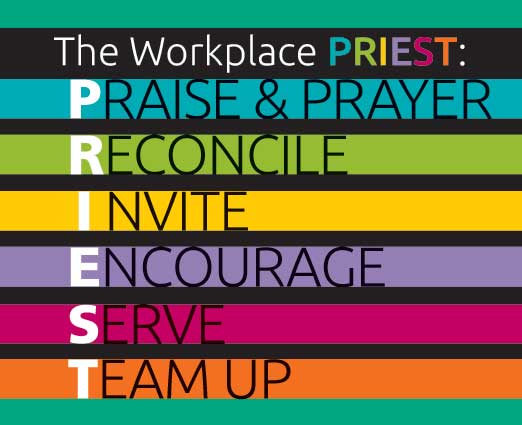Related Articles
Welcoming the Stranger
Presenter: Matthew Soerens, US Director of Church Mobilization, World Relief Description: Refugee and immigration issues have dominated headlines globally recently. While many American Christians view these…
The Workplace PRIEST: Activating Our God-given Identity as Priests at Work
In this article, I look at the God-given role identity of New Covenant priest. I delineate what aspects of following Jesus are particularly priestly and recommend how this can be applied in our workplaces.
From Unhealthy Dependency To Local Sustainability
Presented by: Jean A. Johnson, Executive Director of Five Stones Global Description: It takes a great amount of intentionality to create a culture of dignity,…
Identity, Security, and Community
By Dick Brogden Jeddah, KSA. November 2019 Synopsis: God is light and in Him there is no darkness at all (1 John 1:5). It is…
Muslim Misconceptions about Missionary
A study on the distinctives of how Muslim priests and Christian missionaries are perceived in society.



